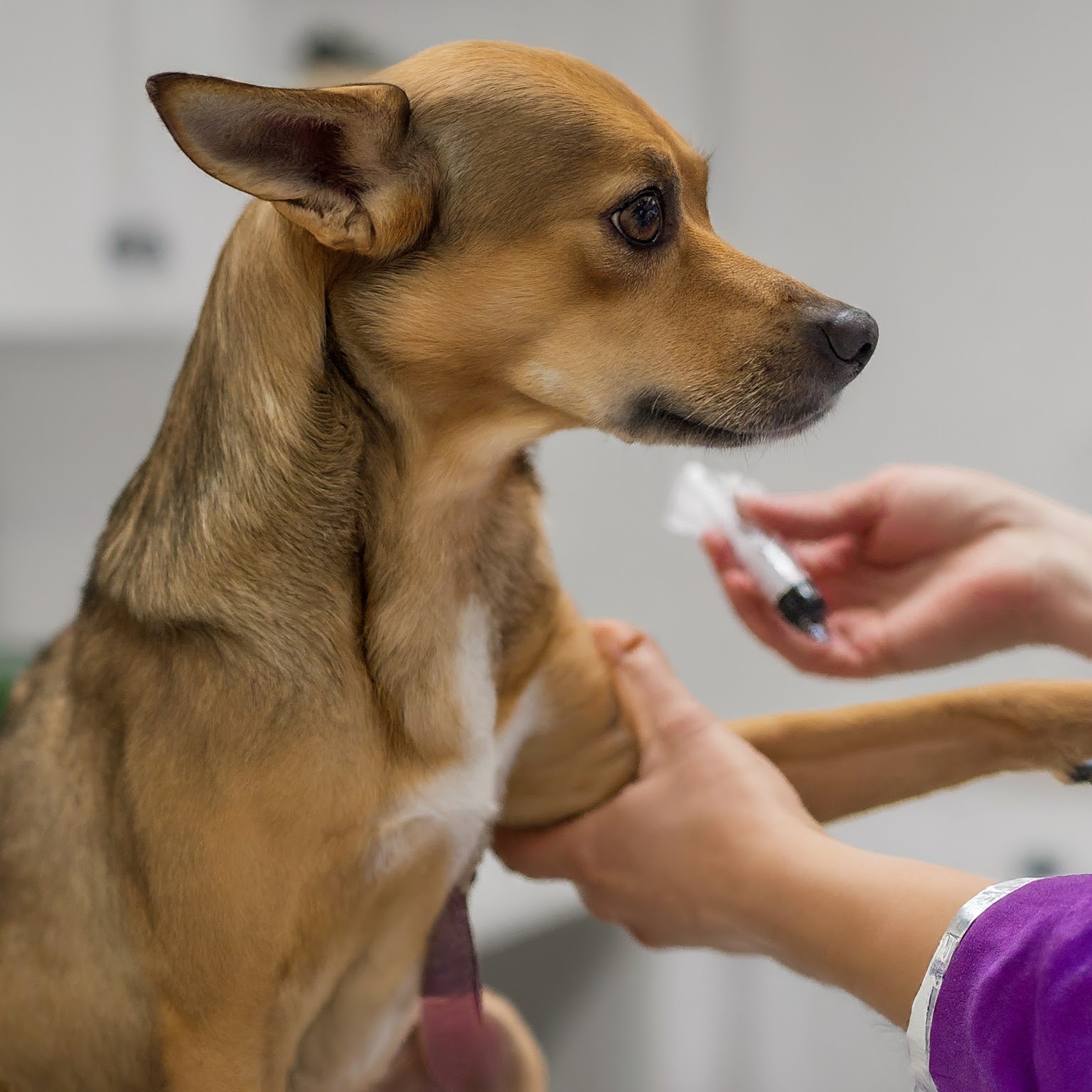
When preparing your dog or cat for surgery—whether it’s a routine
spay, neuter, or dental procedure—ensuring their safety is
paramount. One critical step in this process is pre-anesthetic blood
work. This vital procedure can uncover underlying health issues
that might not be visible through a physical examination alone.
Understanding why pre-anesthetic blood work is essential and what
it entails can help you make informed decisions about your pet’s
care.
What is Pre-Anesthetic Blood Work?
Pre-anesthetic blood work is a set of tests conducted before anesthesia is administered to evaluate your
pet’s overall health and to assess their organ function and blood parameters. The purpose is to identify
any hidden health conditions that could pose risks during or after surgery.
Why is Pre-Anesthetic Blood Work Important?
1. Uncover Hidden Health Issues
Pets can often be quite stoic about their discomfort, meaning they may not show obvious signs of health
problems. Pre-anesthetic blood work helps uncover hidden conditions such as kidney disease, liver
dysfunction, anemia, or diabetes, which could complicate anesthesia and surgery.
2. Assess Organ Function
Anesthesia affects the entire body, and pre-anesthetic blood work evaluates the function of vital organs,
including the liver, kidneys, and heart. By assessing these organs, veterinarians can make informed
decisions about the safest anesthesia protocols for your pet. For instance, if a pet has impaired kidney
function, certain anesthetic drugs might be avoided.
3. Identify Blood Disorders
Blood work checks for abnormalities in red and white blood cell counts and platelets. Conditions such as
anemia (low red blood cells) or thrombocytopenia (low platelets) can increase the risk of bleeding or
affect the healing process. Identifying these issues beforehand allows for better management and
adjustment of surgical procedures.
4. Tailor Anesthesia Protocol
Every pet is unique, and their response to anesthesia can vary based on their health status. Blood work
provides a comprehensive overview of your pet’s health, allowing veterinarians to customize the
anesthesia plan to minimize risks and ensure a safer procedure.
5. Improve Surgical Outcomes
By identifying and addressing potential health issues before surgery, pre-anesthetic blood work can help
prevent complications, reduce recovery times, and improve overall surgical outcomes. It ensures that
your pet is in the best possible condition before undergoing anesthesia and surgery.
What to Expect During the Blood Work Process
1. Pre-Test Preparation
Before the blood test, your veterinarian may but not always advise you to withhold food from your pet
for a specific period, typically 8-12 hours. This fasting helps ensure accurate results and reduces the risk
of complications related to anesthesia.
2. Blood Collection
Blood is usually drawn from a vein in your pet’s leg. The procedure is quick and minimally invasive, often
causing little to no discomfort to your pet.
3. Analysis and Results
Once the blood is collected, it is done in-hospital or sent to a laboratory for analysis. The results typically
take a few hours to a day, depending on the lab and the tests performed. Your veterinarian will review
the results and discuss any findings with you.
What If Abnormalities Are Found?
If the pre-anesthetic blood work reveals abnormalities, your veterinarian will discuss the findings with
you and recommend appropriate actions. This may include:
• Further Diagnostic Testing: Additional tests may be required to understand the underlying
condition better.
• Treatment or Management Plans: Your veterinarian may suggest treatments or adjustments to
your pet’s health management before proceeding with surgery.
• Anesthesia Adjustments: If necessary, your vet will modify the anesthesia plan to account for
the identified health issues.
FAQs
Q: Is pre-anesthetic blood work mandatory?
A: While not legally mandatory, pre-anesthetic blood work is highly recommended by veterinarians to
ensure the safety of your pet during surgery.
Q: Can I refuse pre-anesthetic blood work?
A: You can refuse pre-anesthetic blood work, but it’s important to understand the risks involved. Without
this information, your pet may face increased risks of complications during anesthesia and surgery. Your
veterinarian will discuss alternative options and potential risks if you choose to forgo the tests.
Q: How can I prepare my pet for the blood work?
A: Follow our instructions regarding fasting or any other pre-test preparations. Ensure your pet is calm
and comfortable during the visit. If your pet is anxious about veterinary visits, ask your vet about
strategies to help reduce stress.
Q: Are there any risks associated with pre-anesthetic blood work?
A: Pre-anesthetic blood work is a routine procedure with minimal risks. The primary risk involves the
discomfort associated with drawing blood, which is typically brief and well-tolerated by most pets. If
abnormalities are found, it’s an opportunity to address potential health issues before they impact
surgery.
Q: How often should pre-anesthetic blood work be performed?
A: It’s generally recommended to perform pre-anesthetic blood work before any surgical procedure
involving anesthesia. If your pet undergoes multiple procedures or has underlying health conditions,
your veterinarian may suggest more frequent testing.
In summary, pre-anesthetic blood work is a critical component of ensuring your pet’s safety and health
before undergoing surgery. By identifying potential health issues in advance, you help safeguard your pet
from complications and contribute to a smoother surgical experience. Always discuss the benefits and
implications of pre-anesthetic testing with your veterinarian to make the best choices for your furry
friend’s well-being.
